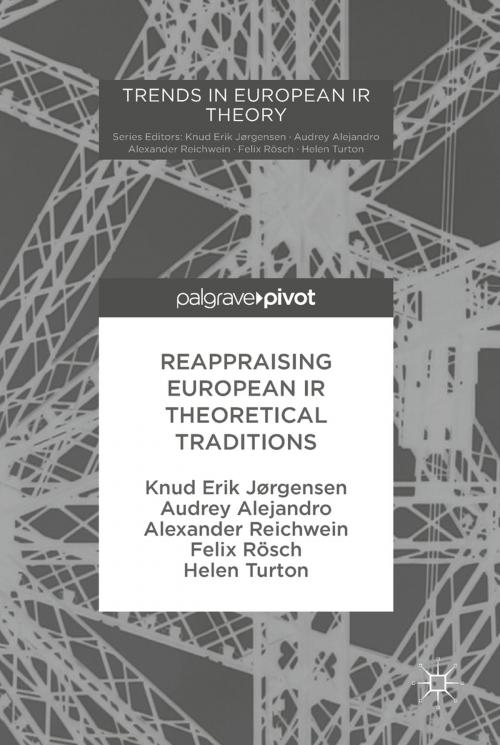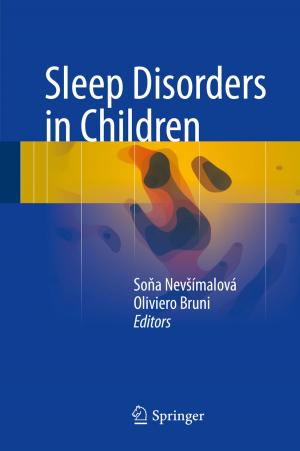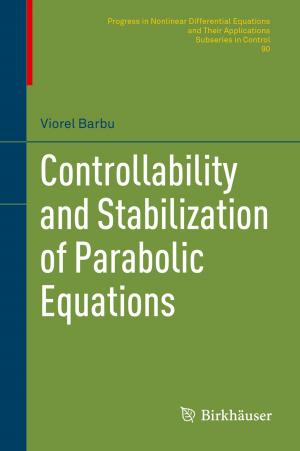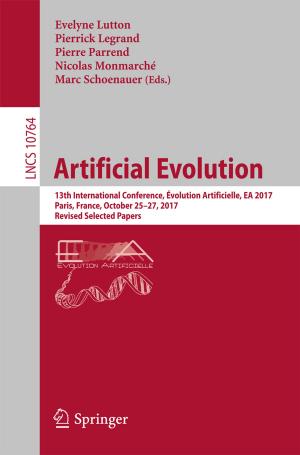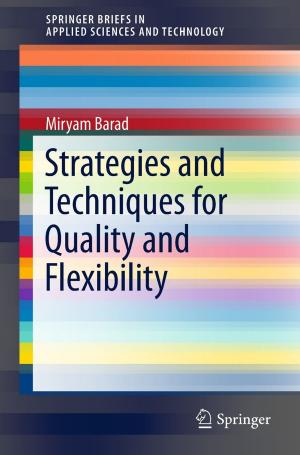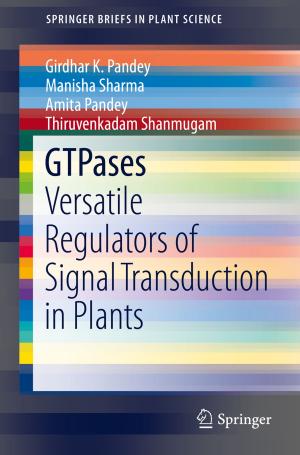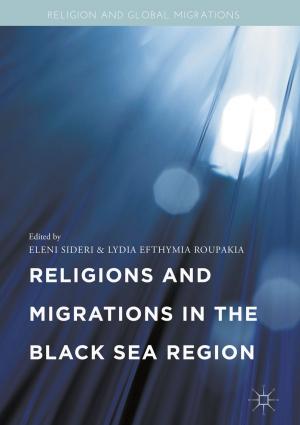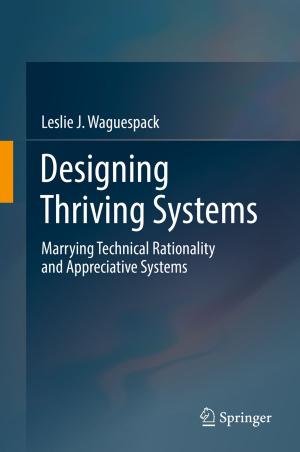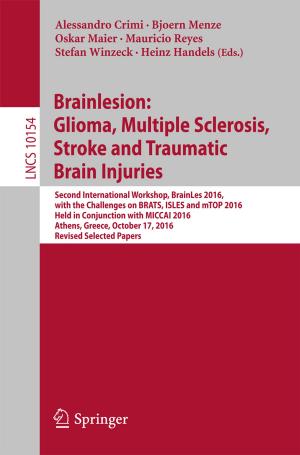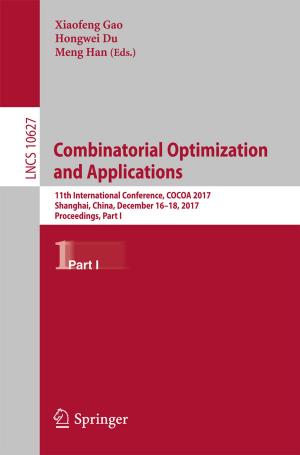Reappraising European IR Theoretical Traditions
Nonfiction, Social & Cultural Studies, Political Science, Politics, History & Theory, International| Author: | Knud Erik Jørgensen, Audrey Alejandro, Alexander Reichwein, Felix Rösch, Helen Turton | ISBN: | 9783319584003 |
| Publisher: | Springer International Publishing | Publication: | November 14, 2017 |
| Imprint: | Palgrave Macmillan | Language: | English |
| Author: | Knud Erik Jørgensen, Audrey Alejandro, Alexander Reichwein, Felix Rösch, Helen Turton |
| ISBN: | 9783319584003 |
| Publisher: | Springer International Publishing |
| Publication: | November 14, 2017 |
| Imprint: | Palgrave Macmillan |
| Language: | English |
This book is about European IR theoretical traditions, their origins, and key figures. Theorizing is among the most important activities that take place within scientific disciplines. Scholars therefore routinely talk/debate about the discipline of IR and its theories, theories are often used to form the pedagogical backbone of IR and theories are also a key part of scholarly identities. Over time, theories crystalize in to schools of thought, strands of theorizing and theoretical traditions. This book and the volumes that will follow focus on the origins and trajectories of theoretical traditions, and key figures of IR thought in Europe in the 20th Century. The authors are situated in Europe, and it is thus the origins and trajectories of European theoretical traditions, its intellectual history and contemporary forms of theoretical knowledge today, that are on the agenda. In order to achieve this ambitious aim, we opt for a transnational sociological history approach, thus going beyond the national lens through which IR has been predominantly studied. The series will have an integrative function and contribute to a globalized discourse on IR as a discipline. The key benefits of this first volume is that it outlines IR theoretical traditions for the first time ever, provides a novel framework for exploring IR’s theories, and contributes to define and strengthen the European identity of IR. This book is an invaluable resource for scholars of IR.
This book is about European IR theoretical traditions, their origins, and key figures. Theorizing is among the most important activities that take place within scientific disciplines. Scholars therefore routinely talk/debate about the discipline of IR and its theories, theories are often used to form the pedagogical backbone of IR and theories are also a key part of scholarly identities. Over time, theories crystalize in to schools of thought, strands of theorizing and theoretical traditions. This book and the volumes that will follow focus on the origins and trajectories of theoretical traditions, and key figures of IR thought in Europe in the 20th Century. The authors are situated in Europe, and it is thus the origins and trajectories of European theoretical traditions, its intellectual history and contemporary forms of theoretical knowledge today, that are on the agenda. In order to achieve this ambitious aim, we opt for a transnational sociological history approach, thus going beyond the national lens through which IR has been predominantly studied. The series will have an integrative function and contribute to a globalized discourse on IR as a discipline. The key benefits of this first volume is that it outlines IR theoretical traditions for the first time ever, provides a novel framework for exploring IR’s theories, and contributes to define and strengthen the European identity of IR. This book is an invaluable resource for scholars of IR.
